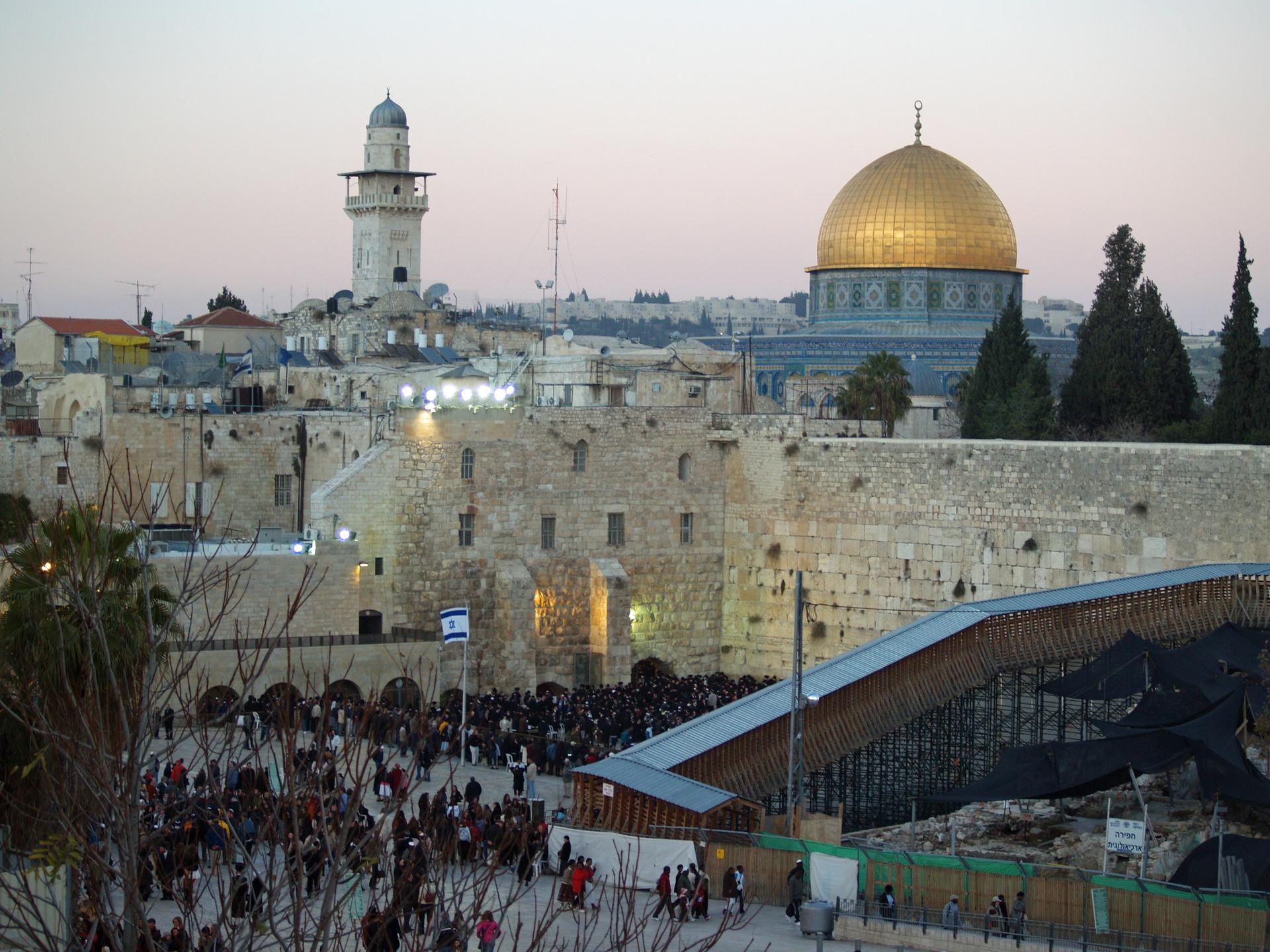Author argues Israeli militarism is as much to blame for failed peace efforts as anything
In a new book, author Patrick Tyler says Israel, pictured, and its militarism are as much to blame for failed Middle East peace efforts as Arabs. (Photo by David Shankbone via Wikimedia Commons.)
Israeli Prime Minister Benjamin Netanyahu has for years been concerned about the danger of Iran developing a nuclear weapons program.
In 2009, Netanyahu told Atlantic columnist Jeffrey Goldberg that there was a school of thought that Iran would behave like every other nuclear power, and refrain from using the weapons. But Netanyahu asked, rhetorically, if it was really safe to assume that, to take the risk that they wouldn’t, for example, use nuclear weapons on Israel.
The Iranian regime, for its part, continues to stoke Israeli fears and anger. Speaking with reporters at a breakfast meeting in New York this week, Iranian President Mahmoud Ahmadinejad belittled Israel’s history.
“(Israelis) do not even enter the equation for Iran,” he said. “They have no roots there in history.”
He also rejected any suggestion that Iran fears an Israeli military assault on its uranium enrichment facilities, which the Israeli government has called part of a clandestine effort to develop nuclear weapons. Iran has repeatedly asserted that its atomic energy program is peaceful.
“We believe the Zionists see themselves at a dead end and they want to find an adventure to get out of this dead end,” he said, according to The Associated Press. “We are fully ready to defend ourselves. We do not take these threats seriously.”
A new book by longtime Jerusalem correspondent Patrick Tyler argues that while Iran and other countries in the Middle East have no doubt contributed to the stalemate in the region, Israel’s bellicose outlook has also impeded the prospects for peace.
“The Arab states are responsible for their own failures to build democratic institutions for peace,” he writes in Fortress Israel: The Inside Story of the Military Elite Who Run the Country — and Why They Can’t Make Peace.” “From the outset, Arab leaders … rejected the U.N.’s partition plan in 1947 and showed little or no empathy for a people devastated by annihilation in Europe.”
And yet, he wrote, the military impulse in Israeli society and among its rulers undermines peace opportunities. It also, he said, led to deliberate acts of provocation designed to disrupt international diplomatic efforts.
Many of Israel’s political leaders come into power with a background and outlook that can be described at least as hawkish, if not even more militant. But often, after time in power, they realize the only way forward is to make peace.
“They have tried,” Tyler said. “There have been great milestones of peace.”
Menachem Begin agreed to the Camp David peace accords, but then set about trying to destroy the Palestinian Liberation Organization, he said.
“We segued into the war in Lebanon, which was the greatest disaster in (Israel’s) modern history,” Tyler said.
Tyler argues that Israel initially set out to be an agricultural, secular democracy along the lines of Athens in ancient Greece. But ultimately, he says, it wound up being more of a Sparta, where the military and national security dominates all.
Every day, reporters and producers at The World are hard at work bringing you human-centered news from across the globe. But we can’t do it without you. We need your support to ensure we can continue this work for another year.
Make a gift today, and you’ll help us unlock a matching gift of $67,000!
